
IMF SPRING Meetings Update | April 21, 2022
In our daily recap for Thursday April 21, we focus on new commitments to the Resilience and Sustainability Trust at the International Monetary and Financial Committee meeting, a high-level debate on the global economy, Ukraine's financing and reconstruction needs, and much more.
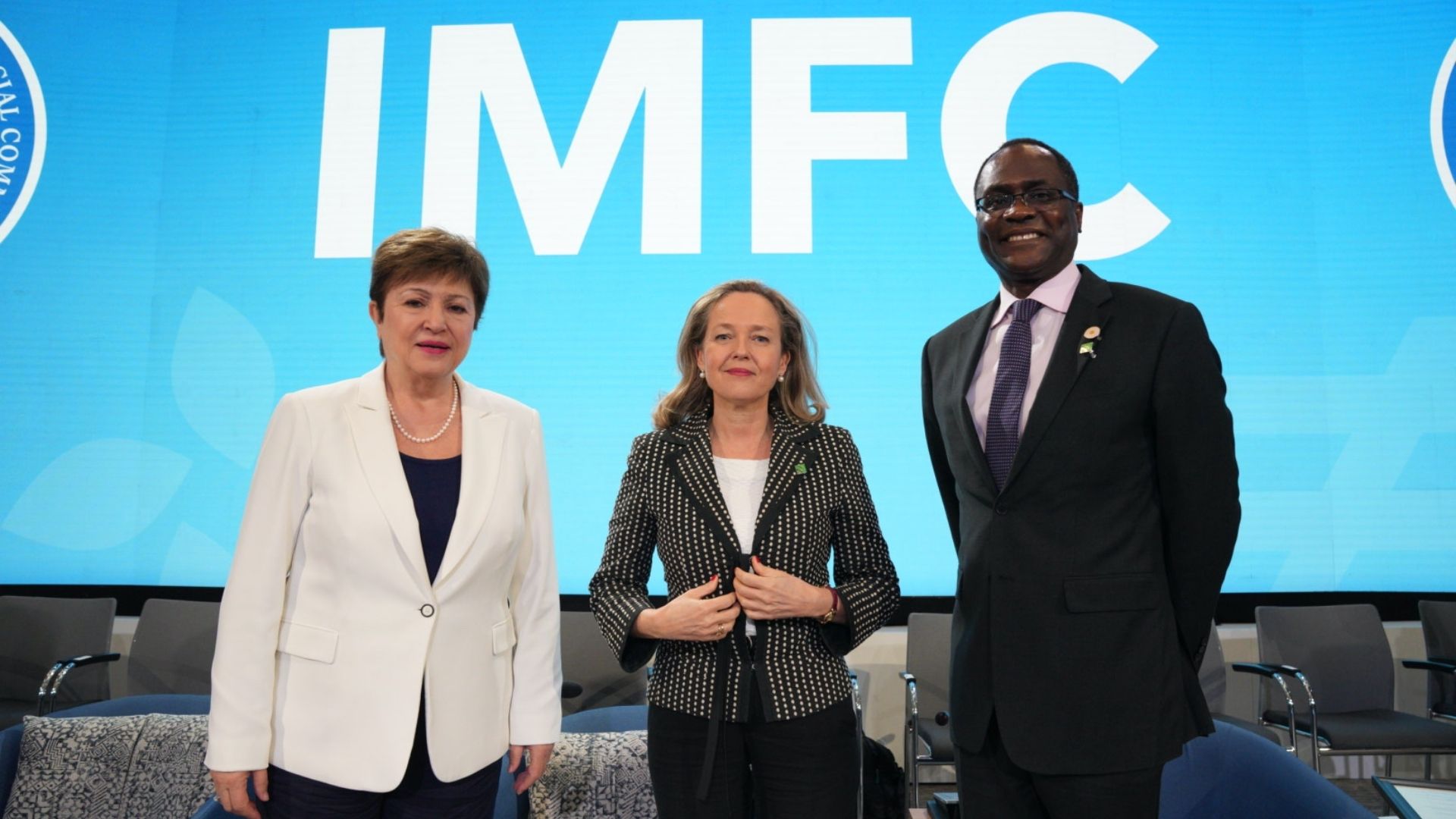
IMFC Agreement on substantive Work
Nadia Calviño, Spain’s economy minister and current chair of the IMF’s International Monetary and Financial Committee, said on Thursday there was agreement among members on all elements related to the important work of the institution. At a press briefing after a meeting of the IMFC, Calviño said this extended to the managing director’s Global Policy Agenda, the work of the institution and the critical policies that members will need to take, and close engagement and dialogue among all countries on the substantive work of the institution and these policies. “Unanimity was there on the substantive issues.”
In a Chair’s Statement, the IMFC called for a speedy resolution of the war in Ukraine through diplomatic channels, including political dialogue, negotiations, mediation and other peaceful means, and for greater international cooperation and strengthened multilateralism to prevent fragmentation and safeguard global economic integration.
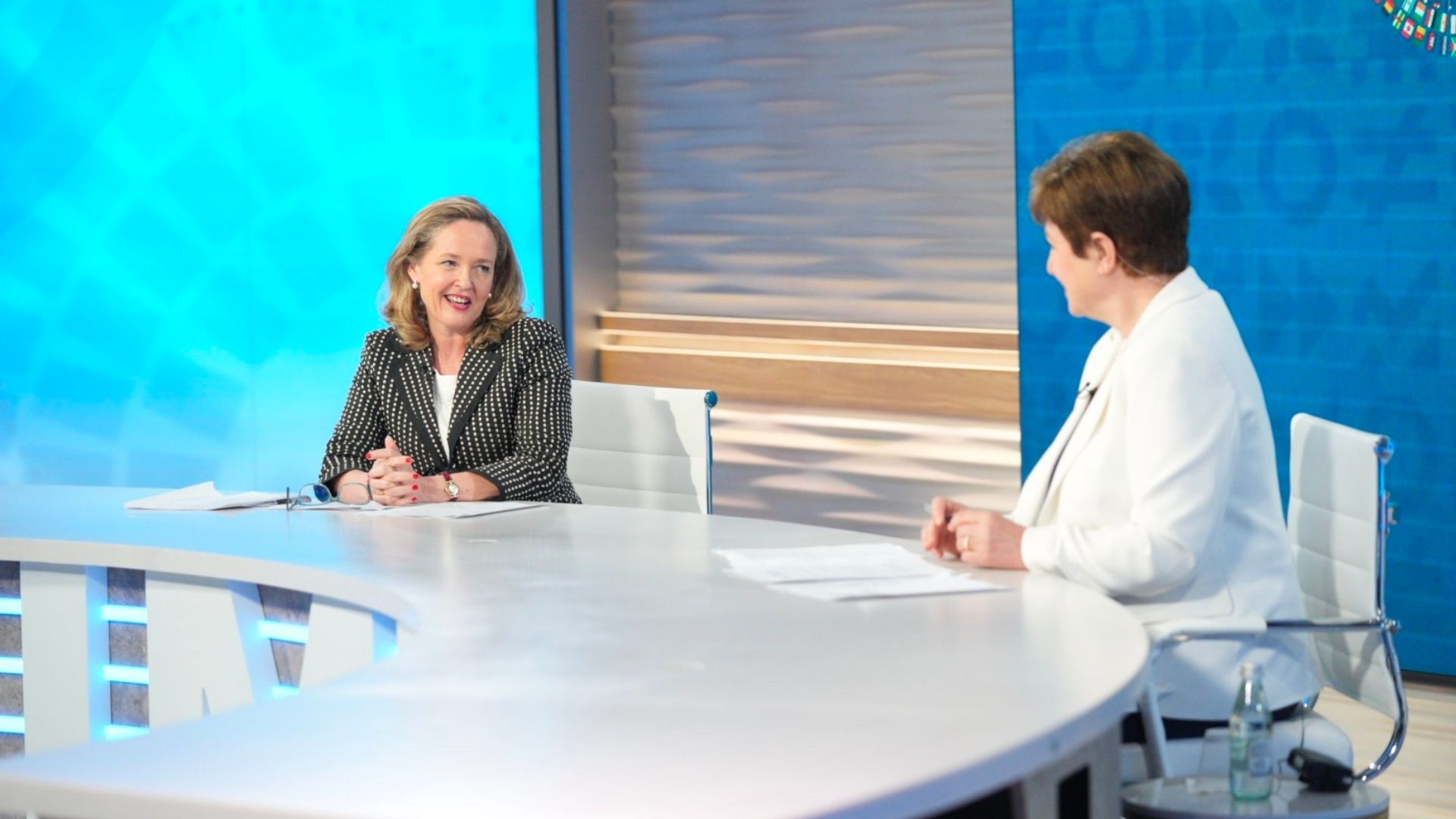
Resilience and Sustainability Trust Wins $40 billion Commitment
Twelve countries have pledged almost $40 billion to support the Resilience and Sustainability Trust (RST) to overcome climate change and other long-term structural challenges, the IMF’s managing director Kristalina Georgieva said on Thursday. Speaking after a meeting of the IMF’s International Monetary and Financial Committee, Georgieva said that the commitments—which came only three days after the IMF’s Executive Committee formally approved the Trust—demonstrated that countries could come together even in challenging circumstances to deliver on substantive issues.
“We now have about $40 billion with which we can credibly move towards the implementation of the Trust,” Georgieva told a press briefing, describing the RST as “a brand-new tool at the IMF” to serve members that need longer-maturity financing for longer-term transformation, in particular climate change and pandemics.
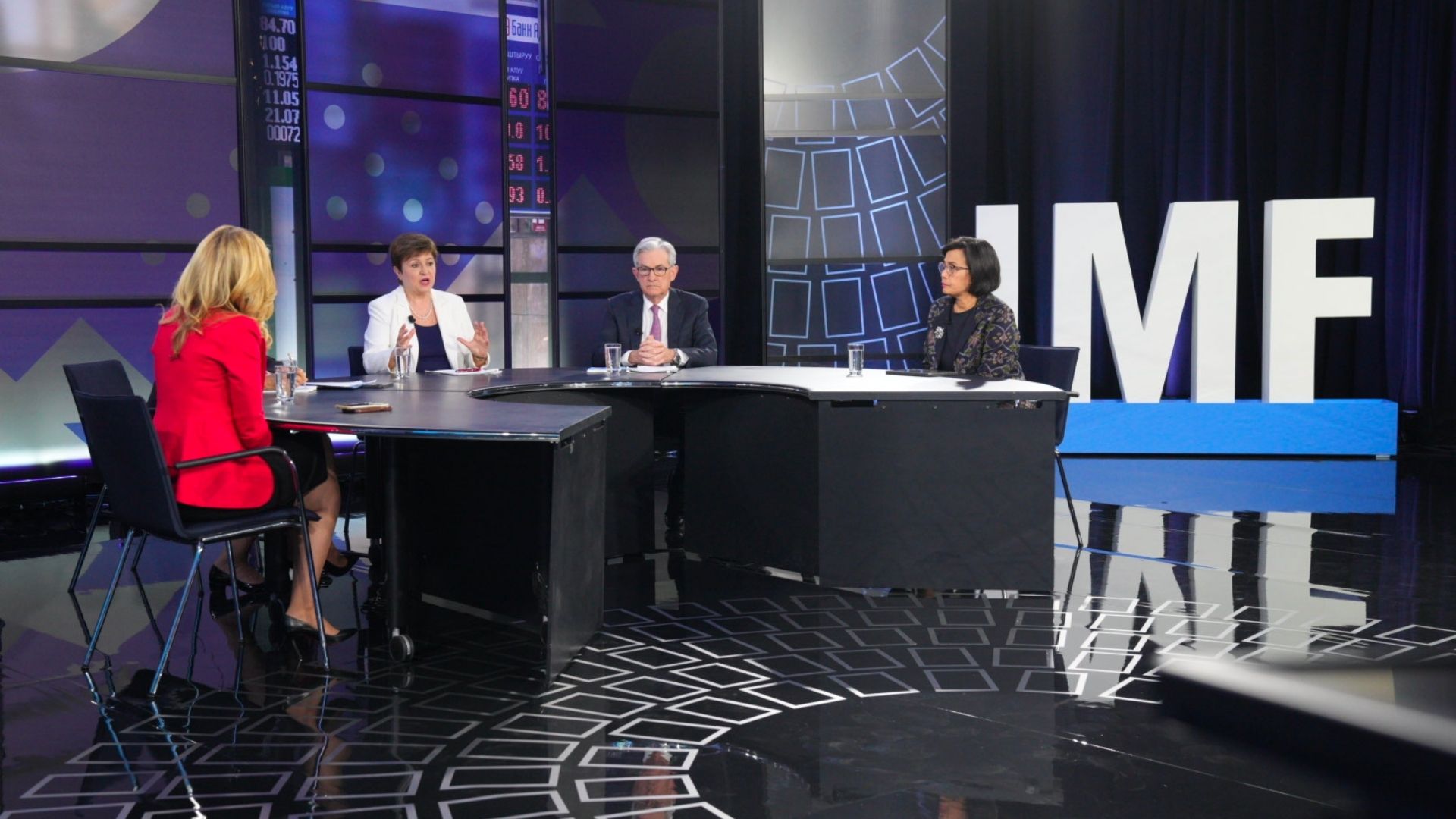
We Live in a More Shock-Prone World
IMF Managing Director Kristalina Georgieva, European Central Bank President Christine Lagarde, US Federal Reserve Chair Jerome Powell, Indonesia’s Minister of Finance Sri Mulyani Indrawati, and Prime Minister of Barbados Mia Mottley discussed the impact of the war in Ukraine and other challenges in a debate on Thursday. According to Georgieva, “We live in a more shock-prone world” and need to be more agile and build more resilience. She further highlighted the challenge that emerging markets and developing economies face, with growth projections that are 6 percent below their pre-pandemic trend in 2026—meaning that they face a delay of 2 or more years in their recoveries. The issue for leaders is to find policies that can deal with short-term challenges without jeopardizing longer term sustainable growth, she said.
Number of the Day
40billion
Twelve countries have pledged almost $40 billion to support the Resilience and Sustainability Trust (RST) to overcome climate change and other longer-term structural challenges.
Learn more
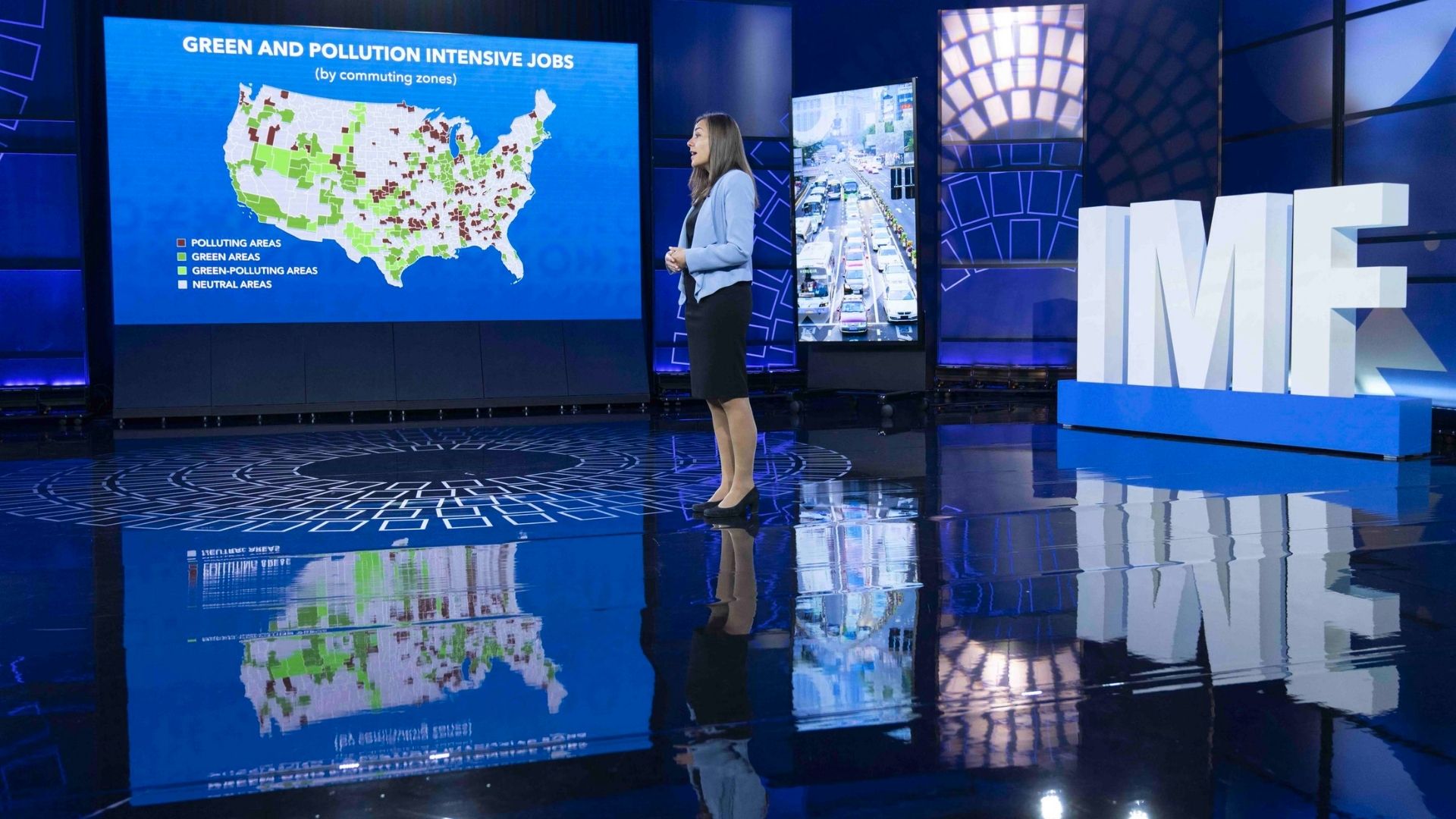
Greener Jobs
Katharina Bergant and Rui Mano from the IMF’s Western Hemisphere Department analyzed geographical patterns of green and pollution-intensive jobs in the US. They explain the findings of their research in this Analytical Corner presentation, highlighting that the needed climate transition does not have to be costly for the US due to its geographically diversified economy and flexible labor markets. Meanwhile, in a separate session, Diaa Noureldin and Marina Tavares from the IMF’s Research Department pointed out that the average green-intensive job has an earnings premium of 7% above the average pollution-intensive job, which could help attract more workers to greener jobs.

War-Torn Ukraine Faces Huge Financing Needs
Pressure on Ukraine’s budget will increase for as long as the war continues, and the country requires more external assistance in the form of grants and concessional funding to keep the economy afloat, the IMF’s Kristalina Georgieva said on Thursday. Speaking alongside Ukraine’s Prime Minister Denys Shmyhal and World Bank President David Malpass at a discussion on support for the war-torn country, Georgieva said foreign reserves would sink as restrictions on imports are relaxed and damage inflicted on key infrastructure reduces exports, especially of agricultural goods. Ukrainian President Volodymyr Zelensky, who joined the discussion via video link from Kyiv, said Russia’s invasion had inflicted terrible destruction and blockades of Black Sea ports had led to a collapse in agricultural exports with far-reaching consequences for the world economy. "To stop the war now...is the only secure way to stop a food crisis.”
Quote of the Day
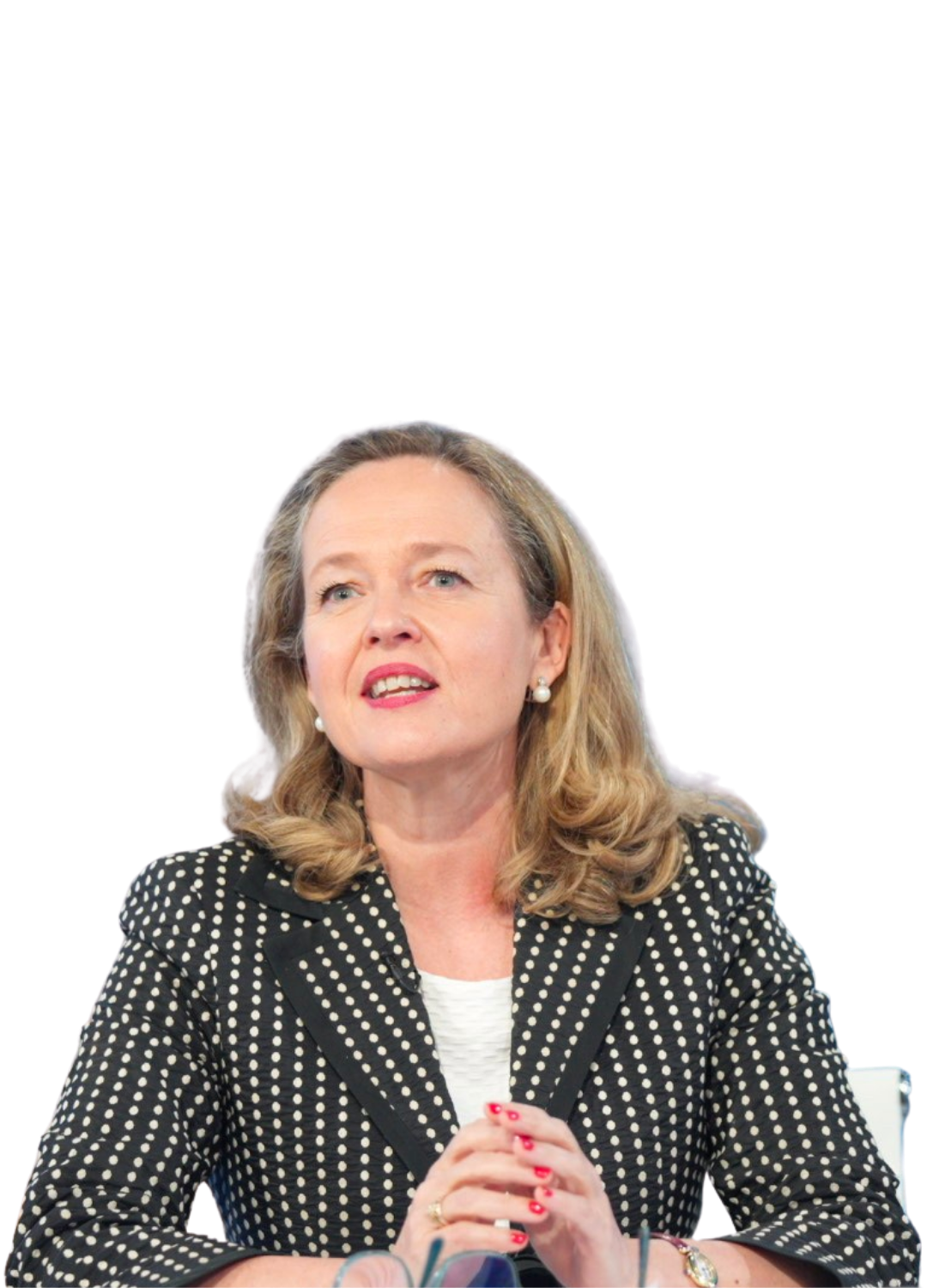
If there has been a time for multilateralism, it is now. And against this truly challenging background we need the international community to come together, stand strong and demonstrate our full commitment to cooperation.
NADIA CALVIÑO, SPAIN’S FIRST VICE PRESIDENT AND MINISTER FOR ECONOMY AND DIGITALIZATION AND CHAIR OF THE IMFC
Photos
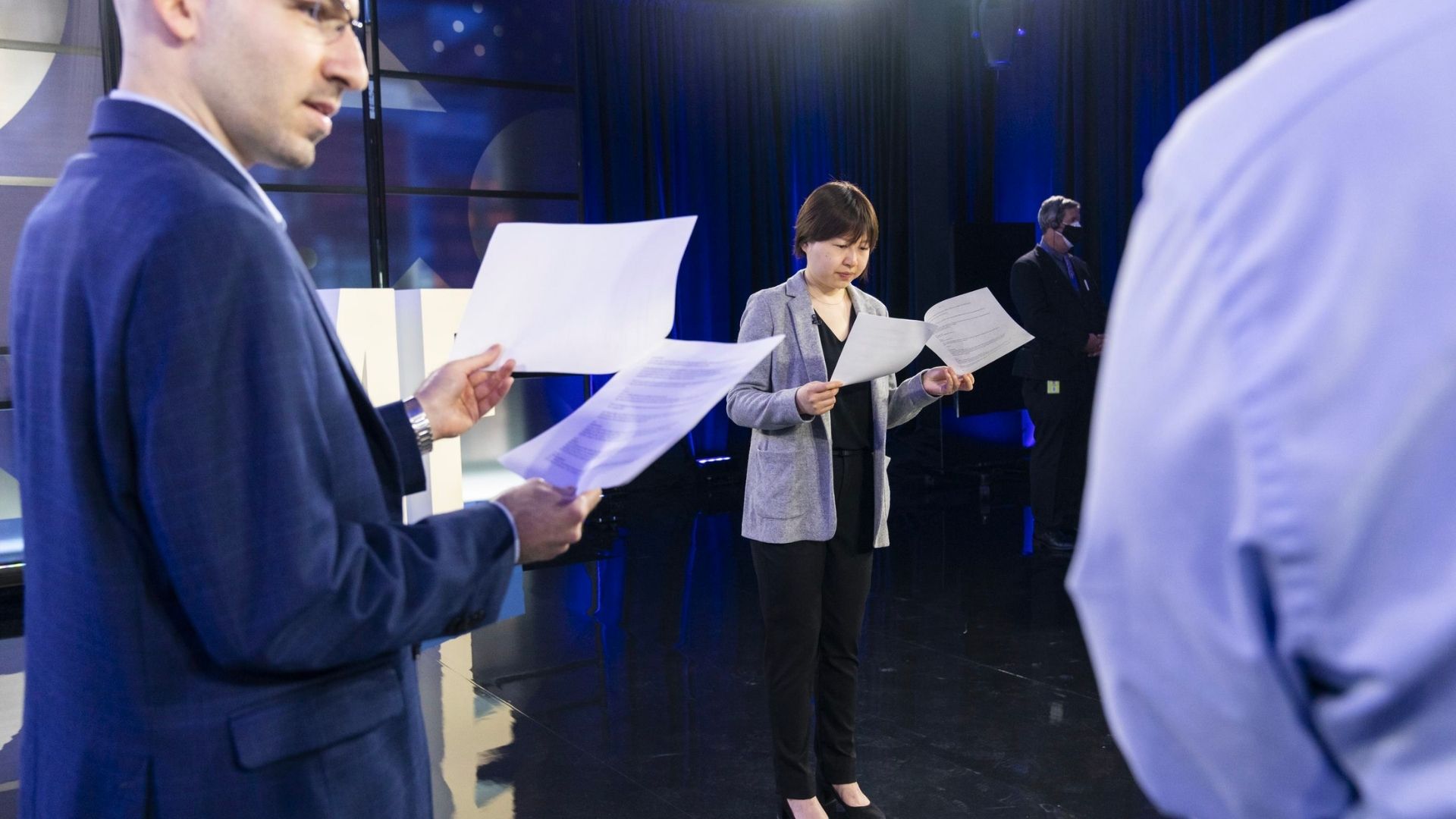
Some last minute preparations ahead of the Analytical Corner Presentation: Supply Bottlenecks: Where, Why, How Much, and What Next?
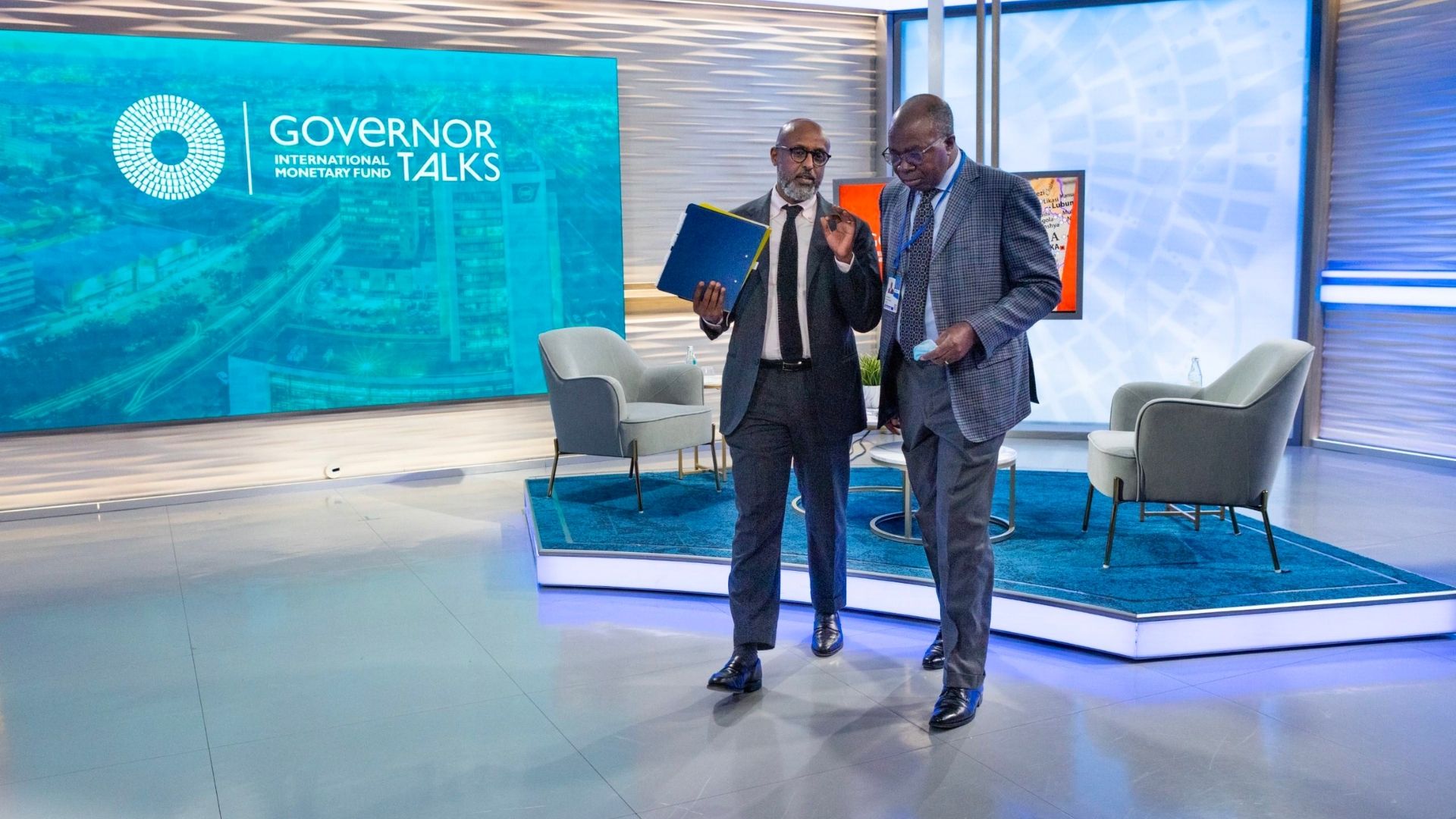
Dr. Situmbeko Musokotwane speaks with Abebe Aemro Selassie, Director of the IMF's African Department after the recording of the Governor Talk: A New Dawn for Zambia - Charting a Path to a Better Economic Reality
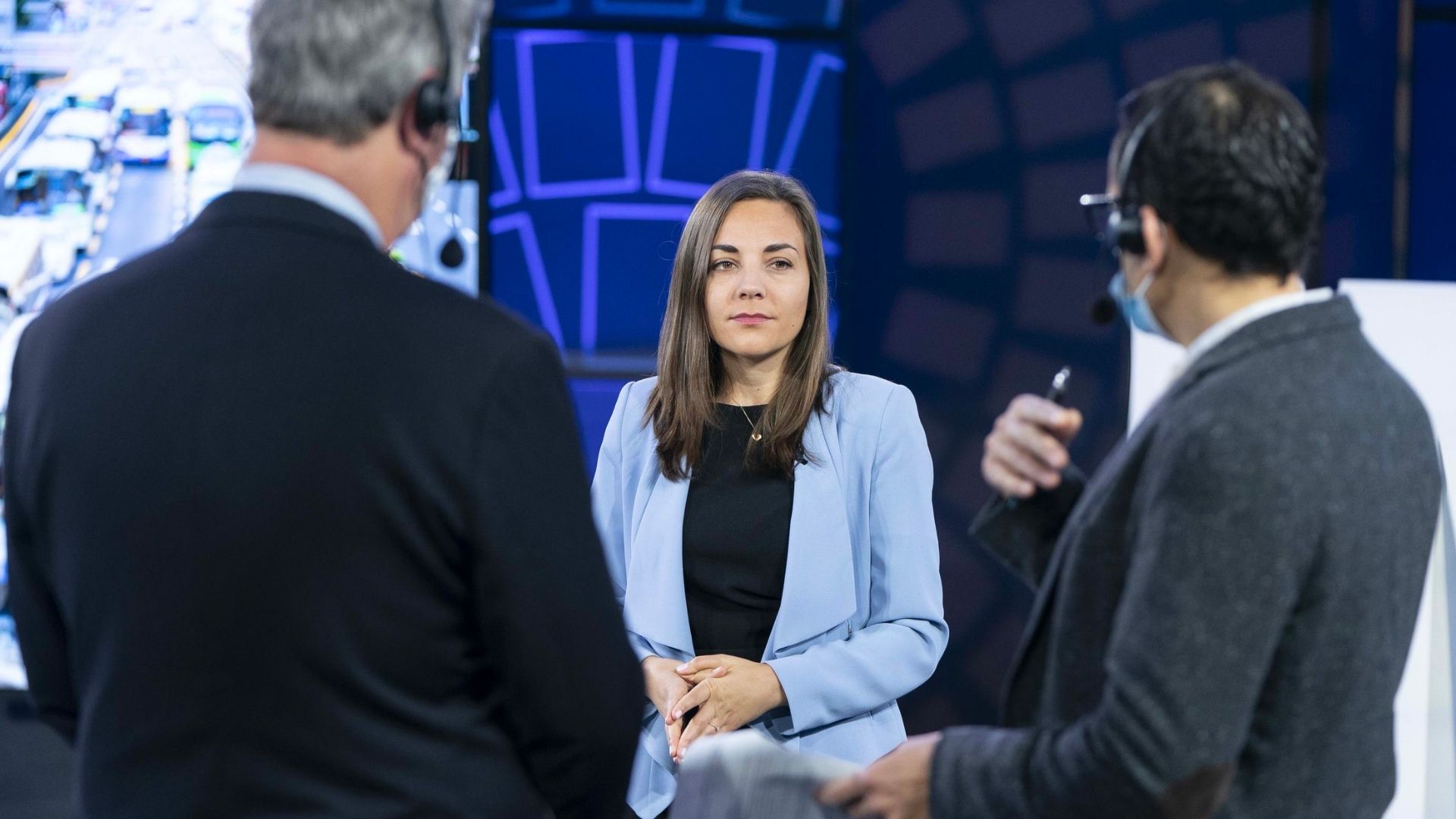
Katharina Bergant gets ready for her Analytical Corner Presentation From Pollution Intensive Jobs to Green Jobs – A Seamless Transition?
SIGN UP FOR OUR DAILY NEWSLETTER
Sign up to our special daily briefing to help guide you through our April 2022 Spring Meetings—pointing to all of the key publications, live events and more.
Sign UP
Upcoming Events
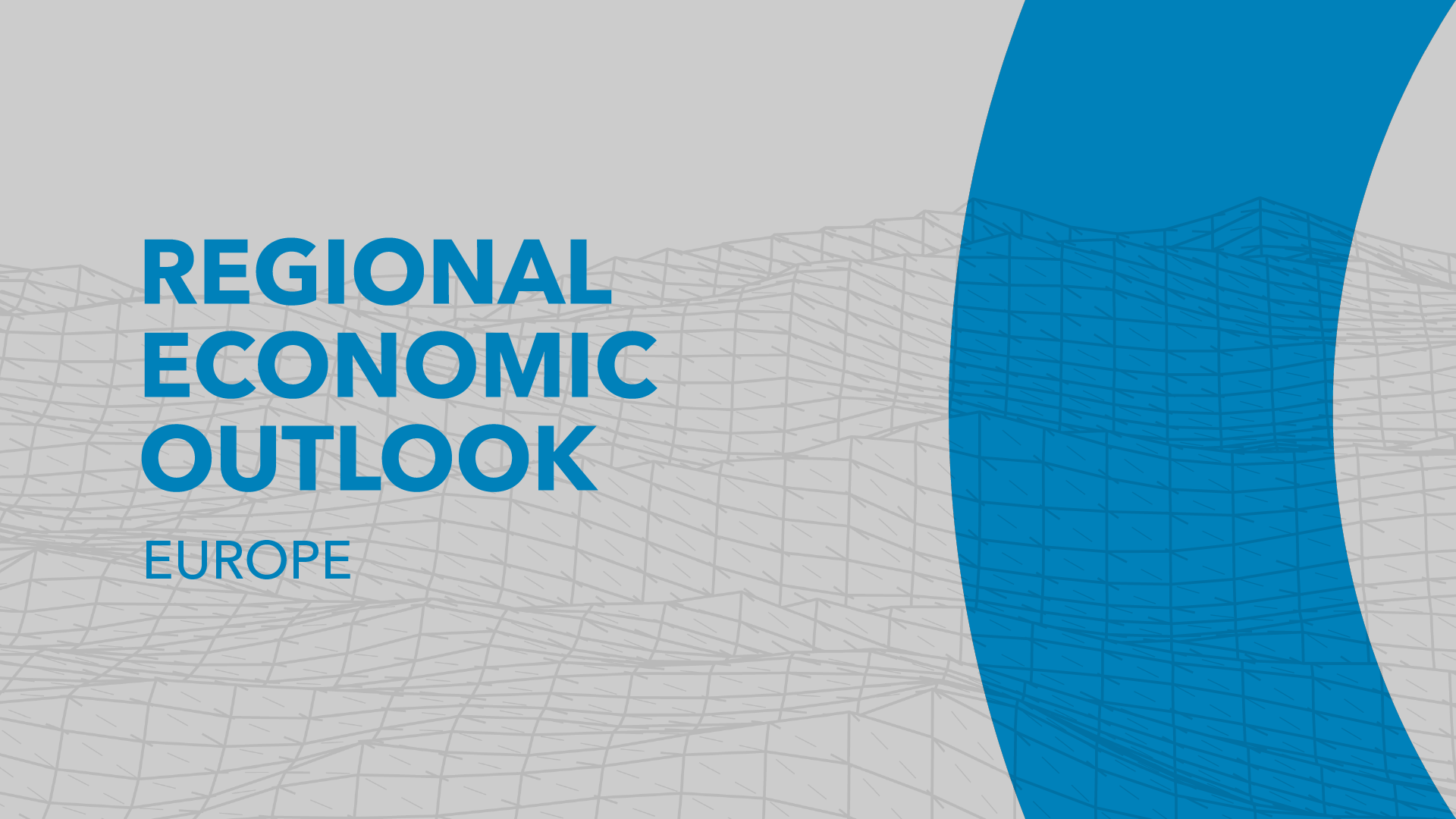
Press Briefing: Regional Economic Outlook for Europe
IThe war in Ukraine means Europe faces a new set of challenges. Learn how the war impacts the economic recovery in the region.
Event Details
Inflation Dynamics in a Fragile Global Economy
What’s driving inflation? A discussion of the inflationary forces at play around the world and what central banks can do.
Event Details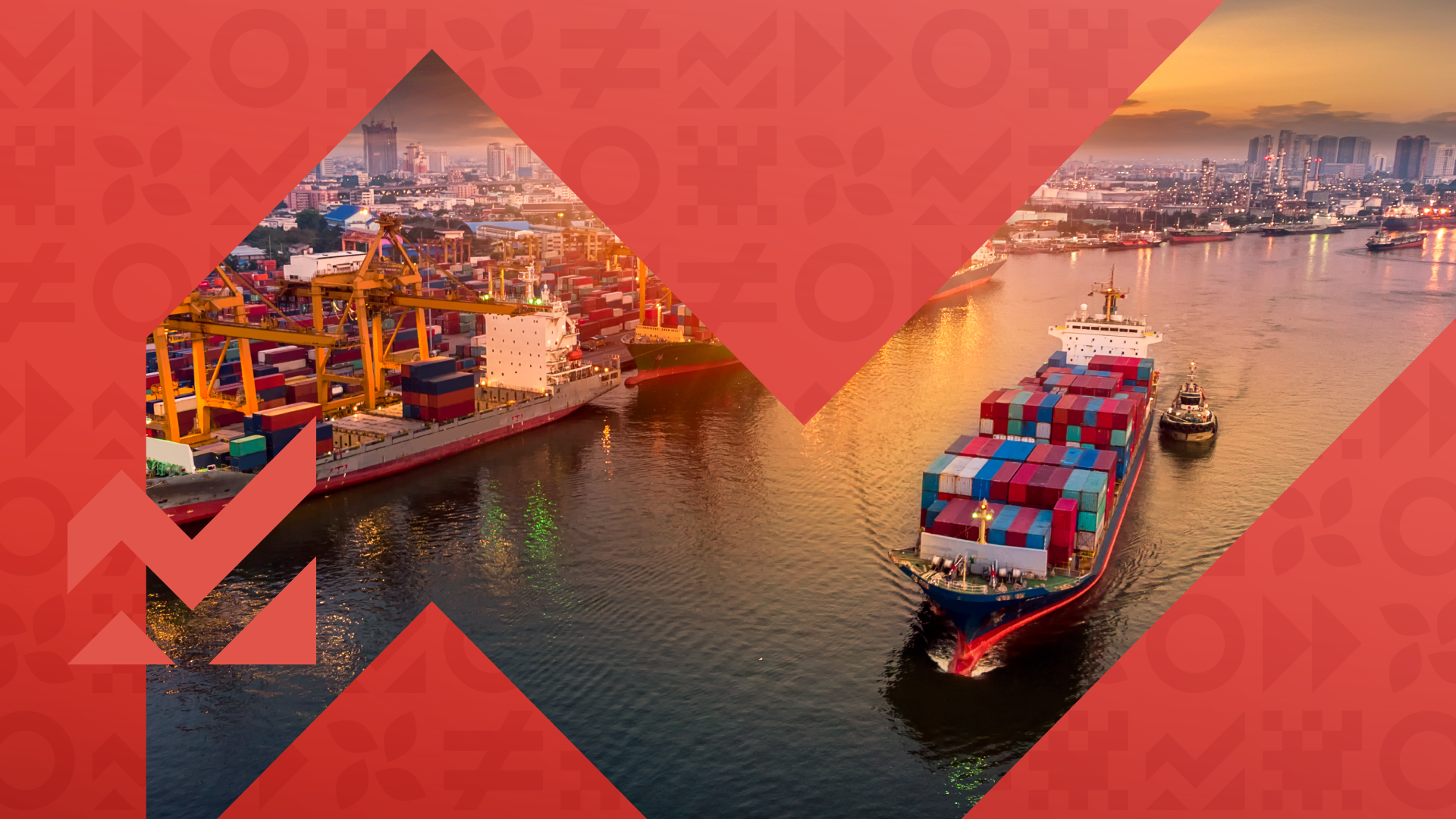
Preserving Open Trade
Global cooperation can make a difference to help keep trade open among countries and allow economies to tackle global challenges like inflation, climate change, and the pandemic.
Event Details


